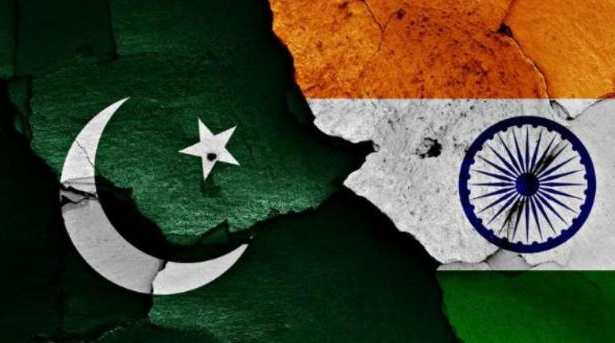The ceasefire pact is due to tactical reasons. Now determine the strategic path ahead
The sudden announcement of the Indian and Pakistani armies recommitting themselves to the frayed 2003 ceasefire agreement on the Line of Control (LoC) in Jammu and Kashmir (J&K) took many by surprise in New Delhi and Islamabad, especially as it came at a time when both countries have shown no signs of being able to agree on anything.
The sudden announcement of the Indian and Pakistani armies recommitting themselves to the frayed 2003 ceasefire agreement on the Line of Control (LoC) in Jammu and Kashmir (J&K) took many by surprise in New Delhi and Islamabad, especially as it came at a time when both countries have shown no signs of being able to agree on anything. It is also clear the decision to strictly adhere to the truce and address core concerns of both sides was not the outcome of a solitary call between the Directors General of Military Operations — such a move would have required considerable preparation and more than a single conversation.
To buy our online courses Click Here
There has, therefore, been much speculation about back-channel talks, and Pakistan’s de facto national security adviser Moeed Yusuf acknowledged in an audio statement that there were “behind the scenes” contacts and more roads would open in the coming days (although Mr. Yusuf later denied reports of direct contacts with his Indian counterpart).
It is not unknown for even this Indian government, which has taken one of the strongest positions on Pakistan in recent decades, to engage in secret talks with the Pakistani side. After all, National Security Adviser Ajit Doval did met his then Pakistani counterpart in Thailand in 2018, paving the way for a limited engagement that ended due to the Pulwama terror attack, Balakot strikes and, subsequently, the change in Jammu and Kashmir’s special status in 2019. The top-most echelons of Indian leadership would have signed off on a decision as significant as the one to reinforce the LoC ceasefire. For India, any reduction of tensions on the LoC will allow the security establishment space and time to devote its energies more fully to a more pressing issue – the standoff on the Line of Actual Control.
Read More: India-Nepal relations in a new transition
On the Pakistani side, the buzz is that the move is largely the handiwork of a small group that includes Pakistan Army chief Gen Qamar Bajwa, who has spoken twice this month of peaceful relations with all neighbors and the resolution of the Kashmir issue, and Mr. Yusuf.
Pakistan gets a respite at a time when its economy is battered, and also gets to be perceived as a reasonable player when it needs to make a new beginning with the Joe Biden administration. But if the thaw is governed merely by tactical considerations, the bilateral relationship won’t go far. Both India and Pakistan will now have to display greater sagacity and clear thinking for the strategic path they wish to chart, a pre-requisite of which is clear action on terror by Pakistan.




